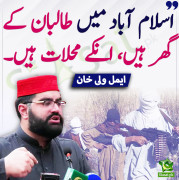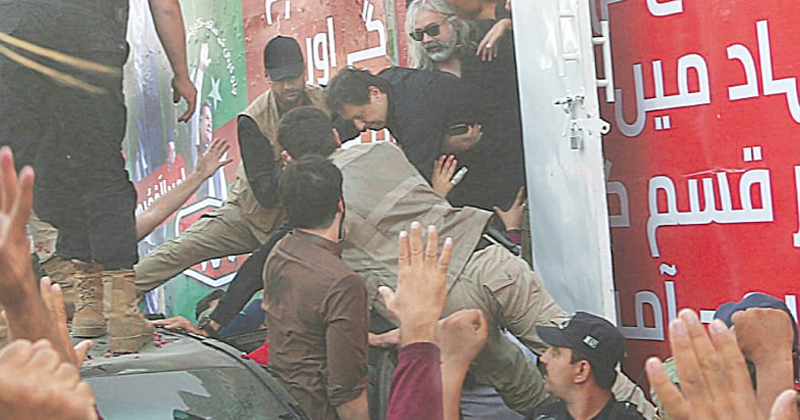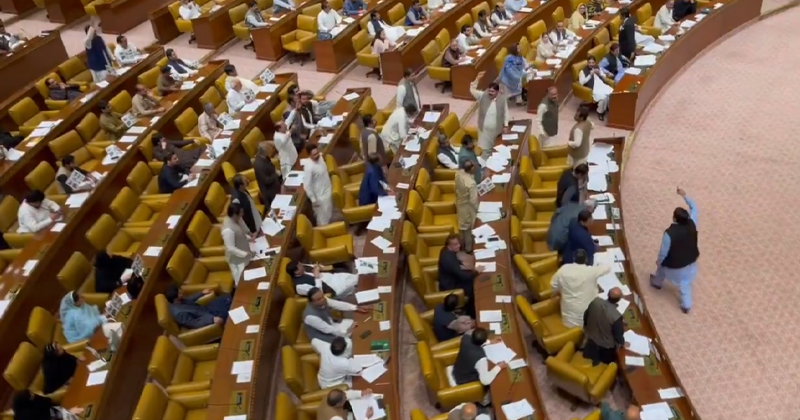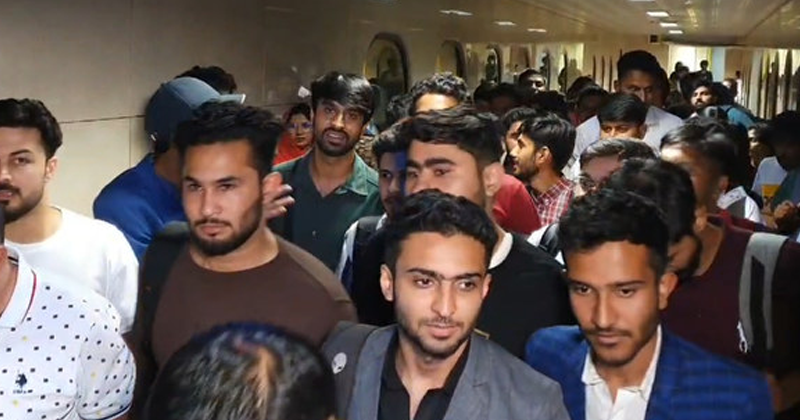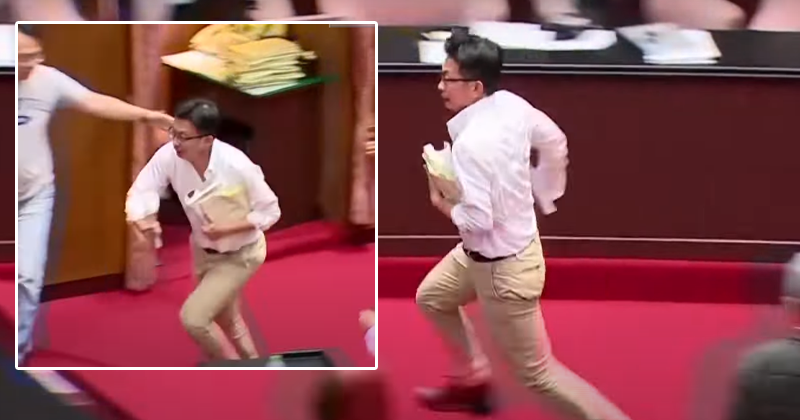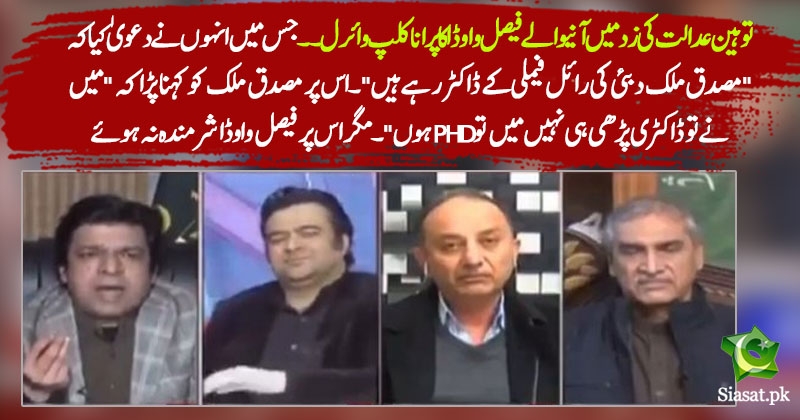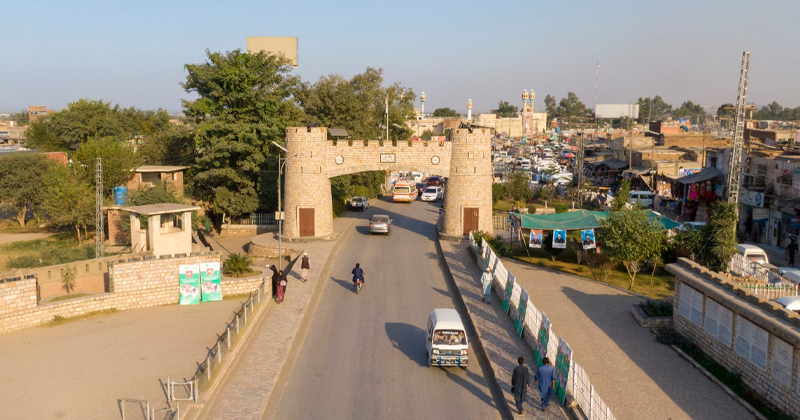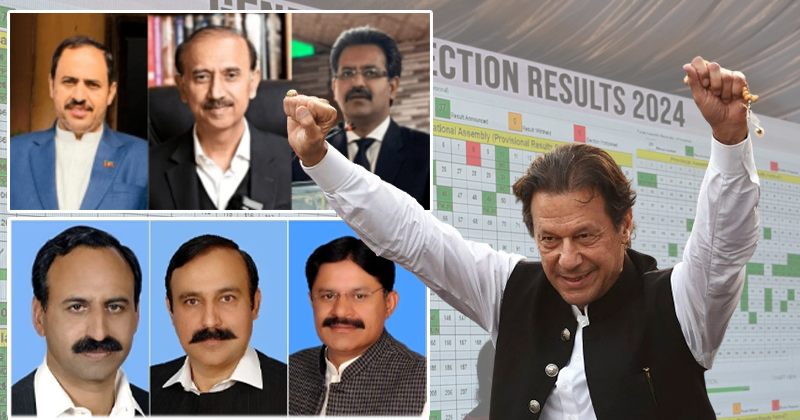You are using an out of date browser. It may not display this or other websites correctly.
You should upgrade or use an alternative browser.
You should upgrade or use an alternative browser.
ذوالفقار علی بھٹو کے ھولناک کرتوت
- Thread starter Enlightened10
- Start date
Billo darmyani
Councller (250+ posts)
HAHAH, and who was so called SIr Shahnawaz?, do you know, SIR, name would be awarded to those who back stab..Bhutto was son of Sir Shah Nawaz Bhutto thats enough to tell he belonged to a respected family.He got his education from the most predigous University of the world.I just checked the DNA of dogs who r barking at great Bhutto,they r the mixture of dictator lovers and taliban lovers created in establishment,s labs.
Sir Shahnawz Bhutto, was a controversial figure. He belong to a poor family but for treachery in Punjab he became blue eyed boy for British rulers and get money and land for his services for British rulers at the time of freedom struggle. British Gov also award him title of ‘Sir’ for his services. He had devious nature by which he got lot of success in his life. In early 30’s of 20th century Shahnawz moved to Sindh and bought a large property in small district Larkana.
He later entered the service of the Nawab of Junagadh on recommendation of british government. Shah Nawaz Bhutto in time became the Dewan (prime minister) of Junagadh state. He had anti Pakistani sentiments and also invited India to capture Junagadh beside its Nawab announced to Join Pakistan.
Copy of Letter Sir Shahnawaz Bhutto send to Indian GOV to capture Junagarh.
Letter of Intervene |
| Dear Mr. Buch, After discussion with Mr. Samaldas Gandhi at Rajkot on October 1, Capt. Harvey Jones, senior member of Junagadh State Council, brought certain proposals for the consideration of the Council. The Council were prepared to accept them under protest but before a final decision could be communicated to Mr. Samaldas Gandhi it was thought necessary to ascertain the opinion of the leading members of the public. A meeting was therefore held this evening and the view of the leaders was unanimously expressed that instead of handing over the administration to the Indian Union through the so-called Provisional Government, it should be directly given over to the Indian Union, through the Regional Commissioner at Rajkot. The Junagadh Government, therefore, has requested that in order to avoid bloodshed, hardship, loss of life and property and to preserve the dynasty, you should be approached to give your assistance to the administration particularly with a view to preserve law and order, which is threatened by aggressive elements from outside. This arrangement is sought pending an honourable settlement of the several issues involved in Junagadh's accession. We have already wired to His Excellency Lord Mountbatten, Mahatmaji, Prime and Deputy Prime Ministers of India, Hon'ble Abul Kalarn Azad and the Governor-General and Prime Minister of Pakistan. I hope you will kindly respond to this request. Yours sincerely, Sd/S.N. Bhutto, Dewan, Junagadh. ABOVE GIVEN LETTER CAN BE REACHED IN BRITISH LIBRARY. AND IF STILL INSIST WHAT SAID THEN YOU ARE ONE OF THEM A 'TRAITOR" |
Pakistani1947
Chief Minister (5k+ posts)
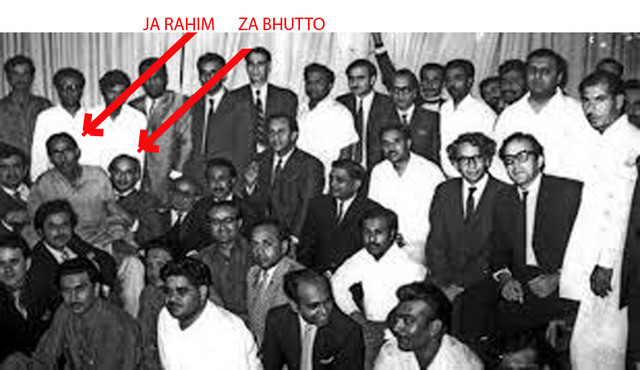
Photo: J A Rahim sitting on the lap of Bhutto
Above photo shows Bhutto seated among the men who would turn the PPP into a fervent progressive platform that not only accommodated committed Marxists, Maoists, Islamic Socialists and liberals alike, but would also go on to sweep the 1970 general election (in former West Pakistan). The most endearing characteristic of the image is the way J. A. Rahim (an otherwise serious and sombre Marxist thinker and PPP's leading ideologue) is actually sitting on Bhutto's lap!
In mid-1974 the People’s Party government led by Z.A. Bhutto faced a barrage of criticism from the opposition, mostly the rightist parties which did not want hard-core secular people and committed workers at the centre of the party. This cast shadows on the party’s infrastructure. The most regrettable event was the departure of Mr J.A. Rahim, in a very disgraceful manner.
Jalaluddin Abdur Rahim was a Bengali socialist, thinker and one of the founding fathers of Pakistan People’s Party. Educated in political science and philosophy, he began his career as foreign secretary in Mohammed Ali Bogra’s government. He became a member of the Communist Party but joined Bhutto in 1965. When Bhutto convened a convention for forming a political party on November 30, 1967, J.A. Rahim authored the PPP’s constitution and was appointed the party’s first secretary general. After the formation of the PPP government in 1972, Rahim was appointed minister for defence production — a position he retained till his ouster in 1974.
On July 2, 1974, Bhutto had arranged a dinner for the cabinet ministers and close aides. Though the invitation card asked the guests to be there by 8pm, Bhutto did not appear till 11pm. As the clock struck midnight Rahim felt tired and humiliated. Considerably annoyed, J. A. Rahim rose and looking at the waiting ‘courtiers’ said that they could wait for the ‘Larkana Maharaja’ but he was leaving.
While he was asleep at home, at around 1.0am, the FSF men led by the chief of the prime minister’s security officers banged at his gate. They beat him mercilessly and took the bleeding minister to the police station in a jeep. His release was later secured by Rafi Raza, Bhutto’s special assistant. He was flown to Karachi from where he flew to Europe.
Besides his altercations with party leaders over holding independent views, Bhutto also dragged the party into confrontation with the press. Besides hundreds of examples of press gagging, three examples best illustrate Bhutto’s animosity towards the independence of the press. First, the arrest of Altaf Gohar, editor of Dawn; second, the arrest of the editor of the Jamaat-i-Islami mouthpiece, Jasarat; third, the arrest of Syed Sardar Ali Shah, editor of Pir Pagara’s Sindhi newspaper Mehran and closure of the newspaper for six months.
The arrest of the Jasarat editor was due to its criticism over the political objectives of the People’s Party and Bhutto’s policy vis-a-vis the opposition. The action against Altaf Gohar of Dawn had a background of personal bitterness. Altaf Gohar was a bureaucrat and known for his honesty and hard work, besides being a gifted writer. He became so close to the military dictator, Ayub Khan, that he outlined the government’s policies. Bhutto also remembered the incident when he had to appear before Altaf who was then the deputy commissioner of Karachi. A heated debate ensued between the two. The bitterness also had a background of the Tashkent summit when Bhutto was the foreign minister. When Altaf retired in 1969, he took up journalism and was chosen by the Haroons as editor of Dawn. One day Dawn carried an editorial titled ‘Mountains don’t cry’, which was indirectly a reference to Bhutto’s flawed policies.
One night in 1972, a contingent of police broke into Altaf’s home, entered his bedroom, dragged him out and put him in jail for reasons not known to him. In spite of these excessive measures, he continued writing according to his conscience and upheld the people’s right to freedom of expression.
The ordeals of Syed Sardar Ali Shah of daily Mehran and other journalists were not too different. This placed a pall of gloom over the community that kept the society abreast of developments and raised a voice for their rights. This created a wedge between the people and the government. Since the government’s mouthpiece papers could not give a true picture, people began relying on foreign broadcasts, a trend that had taken firm root during the East Pakistan debacle.
The London reporter of Dawn, Nasim Ahmed, who had developed an acquaintance with Bhutto during the former’s stay in the United Kingdom, had been appointed the federal government’s information secretary and used his powers in alienating the media from the people.
His handful of cronies followed the track route Nasim Ahmad laid down. This made the whole political situation murky and confusing, strengthening opposition’s fears of foul play.
Published in Dawn Feb 02, 2013 09:04 pm
Enlightened10
Minister (2k+ posts)
Well saidYour knowledge is limited Go and check the history his mother Lakhi bai was a slave of pandit Jawaher lal nehru and he gifted Lakhi bai to Shahnawaz bhuto after when she got there she was already pregnant by Pandit Nehru who is also the father of Indra ghandi.



